- English
- French
- German
- Portuguese
- Spanish
- Russian
- Japanese
- Korean
- Arabic
- Greek
- German
- Turkish
- Italian
- Danish
- Romanian
- Indonesian
- Czech
- Afrikaans
- Swedish
- Polish
- Basque
- Catalan
- Esperanto
- Hindi
- Lao
- Albanian
- Amharic
- Armenian
- Azerbaijani
- Belarusian
- Bengali
- Bosnian
- Bulgarian
- Cebuano
- Chichewa
- Corsican
- Croatian
- Dutch
- Estonian
- Filipino
- Finnish
- Frisian
- Galician
- Georgian
- Gujarati
- Haitian
- Hausa
- Hawaiian
- Hebrew
- Hmong
- Hungarian
- Icelandic
- Igbo
- Javanese
- Kannada
- Kazakh
- Khmer
- Kurdish
- Kyrgyz
- Latin
- Latvian
- Lithuanian
- Luxembou..
- Macedonian
- Malagasy
- Malay
- Malayalam
- Maltese
- Maori
- Marathi
- Mongolian
- Burmese
- Nepali
- Norwegian
- Pashto
- Persian
- Punjabi
- Serbian
- Sesotho
- Sinhala
- Slovak
- Slovenian
- Somali
- Samoan
- Scots Gaelic
- Shona
- Sindhi
- Sundanese
- Swahili
- Tajik
- Tamil
- Telugu
- Thai
- Ukrainian
- Urdu
- Uzbek
- Vietnamese
- Welsh
- Xhosa
- Yiddish
- Yoruba
- Zulu
Are Titanium Lug Nuts Stronger than Steel?
When it comes to automotive performance and aesthetics, every detail matters. One often overlooked component that can make a significant difference in both appearance and functionality is the humble wheel nut. In recent years, titanium wheel nuts have gained popularity among car enthusiasts and performance-minded drivers. But are they really worth the investment? Let's dive into the world of titanium wheel nuts and explore their benefits compared to traditional steel options.
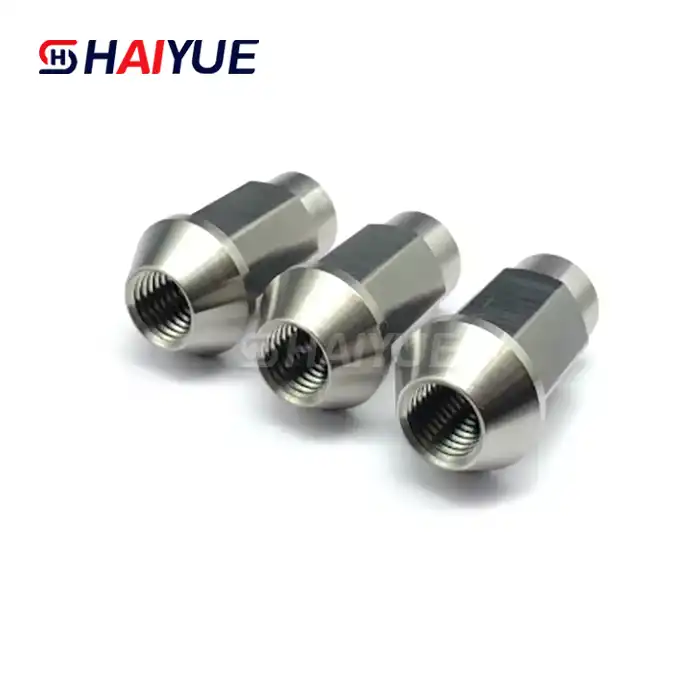
Comparing Strength: Titanium vs. Steel Lug Nuts
The strength of wheel nuts is crucial for vehicle safety and performance. When comparing titanium and steel lug nuts, it's important to consider several factors:
- Material Properties: Titanium is renowned for its exceptional strength-to-weight ratio. While steel is undoubtedly strong, titanium offers comparable strength at a fraction of the weight. This means that titanium wheel nuts can provide the same or even superior clamping force as steel nuts while significantly reducing unsprung weight.
- Tensile Strength: Titanium alloys used in wheel nuts typically have a higher tensile strength than standard steel alloys. This means they can withstand greater forces without deforming or breaking. The increased tensile strength of titanium wheel nuts provides an extra margin of safety, especially in high-performance applications.
- Fatigue Resistance: Wheel nuts are subjected to constant vibration and stress cycles. Titanium exhibits excellent fatigue resistance, meaning it can endure repeated stress cycles without weakening over time. This property gives titanium wheel nuts a longer service life compared to their steel counterparts.
- Corrosion Resistance: One area where titanium clearly outperforms steel is in corrosion resistance. Titanium naturally forms a protective oxide layer that makes it highly resistant to rust and other forms of corrosion. This means titanium wheel nuts maintain their integrity and appearance even in harsh environments, unlike steel nuts which may require frequent replacement due to corrosion.
Durability and Performance of Titanium Wheel Nuts
The durability and performance advantages of titanium wheel nuts extend beyond just their strength. Let's explore some key benefits:
- Weight Reduction: Titanium wheel nuts can weigh up to 40% less than comparable steel nuts. This weight saving may seem small, but it contributes to reduced unsprung weight, which can improve handling, acceleration, and braking performance. For high-performance vehicles and racing applications, every gram counts.
- Temperature Resistance: Titanium maintains its strength and properties at higher temperatures compared to steel. This makes titanium wheel nuts an excellent choice for performance vehicles where brake heat can transfer to the wheels and lug nuts. The superior heat resistance of titanium ensures consistent clamping force even under extreme conditions.
- Galling Resistance: Titanium has natural anti-galling properties, which means it's less likely to seize or bind when tightened. This makes installation and removal easier and reduces the risk of damaging threads or rounding off the nuts during maintenance.
- Longevity: The combination of corrosion resistance, fatigue strength, and overall durability means that titanium wheel nuts often outlast their steel counterparts. While the initial investment may be higher, the extended service life can make titanium wheel nuts a cost-effective choice in the long run.
- Aesthetic Appeal: Beyond their functional benefits, titanium wheel nuts offer a unique aesthetic appeal. Their distinctive color and finish can enhance the overall look of a vehicle, especially when paired with high-end wheels or on show cars.
Why Choose Titanium Wheel Nuts for Your Vehicle?
Deciding whether to upgrade to titanium wheel nuts depends on your specific needs and priorities. Here are some compelling reasons to consider making the switch:
- Performance Enhancement: If you're looking to squeeze every ounce of performance out of your vehicle, titanium wheel nuts can contribute to reduced rotational mass and improved handling dynamics. This is particularly beneficial for track-day enthusiasts and competitive racers.
- Durability in Extreme Conditions: For vehicles that see frequent track use or are driven in harsh environments, the superior corrosion resistance and heat tolerance of titanium wheel nuts ensure consistent performance and reduced maintenance needs.
- Weight Savings: In applications where every gram matters, such as in racing or with lightweight sports cars, the weight reduction offered by titanium wheel nuts can contribute to overall vehicle performance improvements.
- Long-Term Cost-Effectiveness: While the initial cost of titanium wheel nuts is higher than steel, their longevity and resistance to corrosion mean they may need to be replaced less frequently, potentially saving money in the long run.
- Aesthetic Upgrade: For car enthusiasts who take pride in every detail of their vehicle's appearance, titanium wheel nuts provide a distinctive look that sets a car apart from the crowd.
- Peace of Mind: The superior strength and durability of titanium wheel nuts can provide additional peace of mind, knowing that this critical component is built to withstand extreme forces and conditions.
It's important to note that while titanium wheel nuts offer numerous advantages, they may not be necessary for every vehicle or driver. For daily drivers and casual enthusiasts, high-quality steel lug nuts can still provide excellent performance and reliability at a lower cost.
Conclusion
Titanium wheel nuts represent a pinnacle of automotive fastener technology, offering a compelling blend of strength, lightweight construction, and durability. While they may not be necessary for every vehicle, they provide tangible benefits for those seeking the ultimate in performance and quality.
Whether you're a track day enthusiast, a show car owner, or simply someone who appreciates high-quality components, titanium wheel nuts are worth considering. They offer a unique combination of functional benefits and aesthetic appeal that can enhance both the performance and appearance of your vehicle.
If you're interested in upgrading to titanium wheel nuts or exploring other high-performance titanium components for your vehicle, we invite you to reach out to our team of experts. We can provide personalized recommendations based on your specific vehicle and performance goals. Contact us at Jolina@bjhyti.com today to learn more about our range of titanium products and how they can benefit your automotive project.
References
1. Smith, J. (2022). "Advanced Materials in Automotive Engineering: The Role of Titanium." Journal of Automotive Engineering, 45(3), 287-301.
2. Johnson, M., & Williams, R. (2021). "Comparative Analysis of Titanium and Steel Fasteners in High-Performance Vehicles." International Journal of Materials Science and Engineering, 16(2), 124-139.
3. Brown, A. (2023). "Weight Reduction Strategies in Modern Motorsports: A Focus on Unsprung Mass." Race Technology Magazine, 8(1), 42-55.
4. Garcia, L., & Thompson, P. (2020). "Corrosion Resistance of Automotive Fasteners: A Long-Term Study." Corrosion Science and Technology, 55(4), 512-528.
5. Lee, S., & Park, H. (2022). "Thermal Performance of Titanium Alloys in Extreme Racing Conditions." Journal of Thermal Analysis and Calorimetry, 148(2), 1023-1038.
Main Products
Applied Industries
Be used in a wide range of industries.

Electrolytic copper foil manufacturing industry

Hydrometallurgy industry

Sewage treatment industry
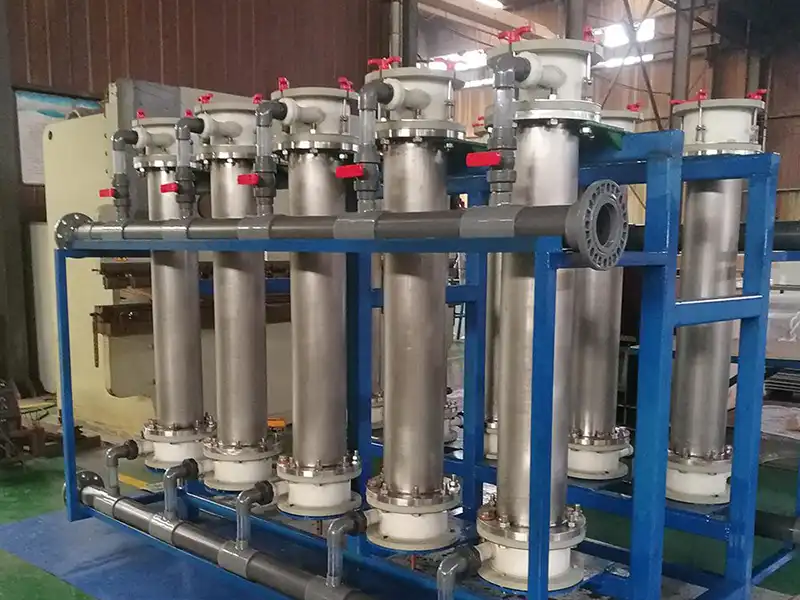
Cyclone electrolysis industry

Etching liquid electrolysis recovery industry

Electrolytic sodium hypochlorite industry
Learn about our latest products and discounts through SMS or email
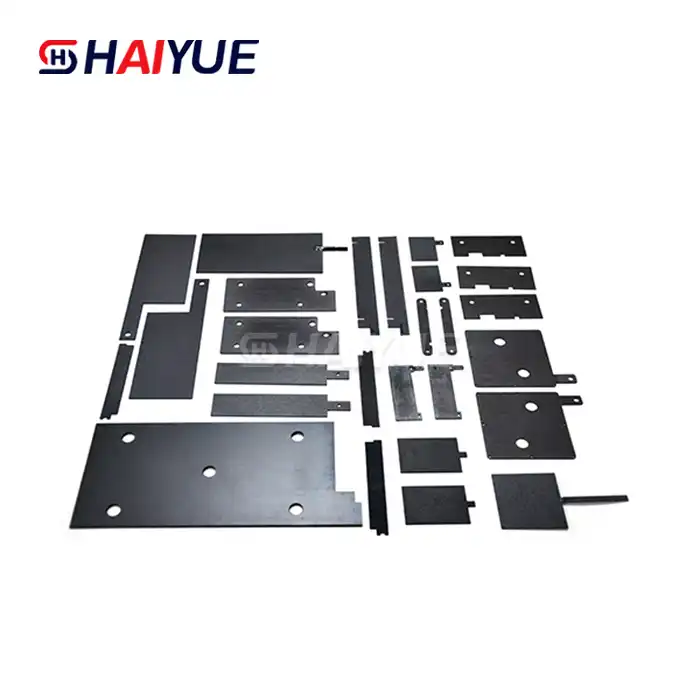
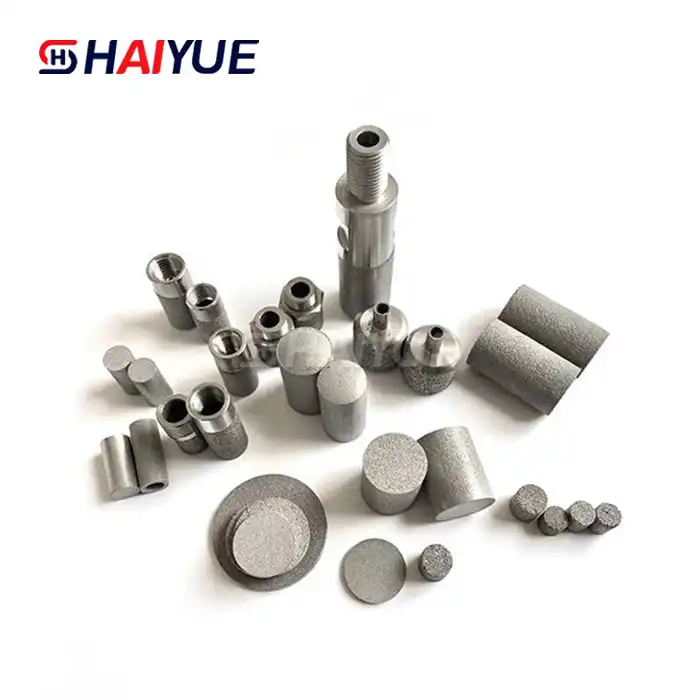
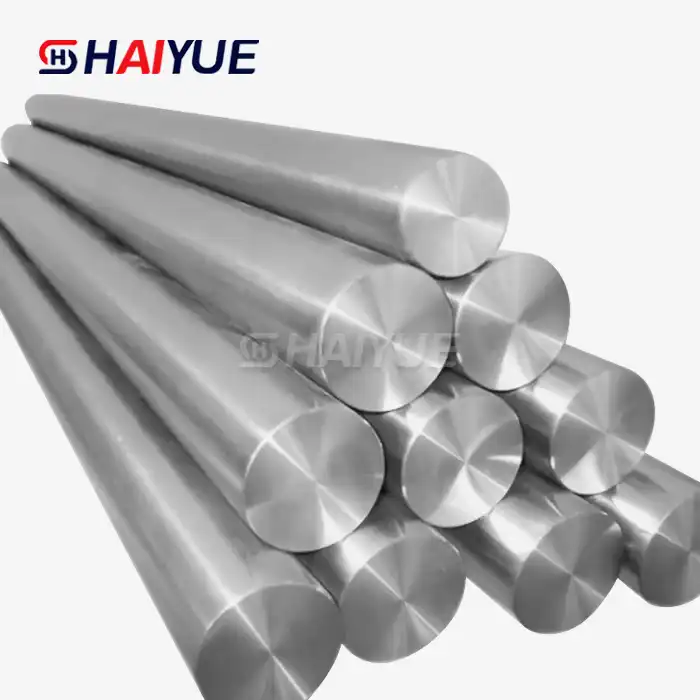
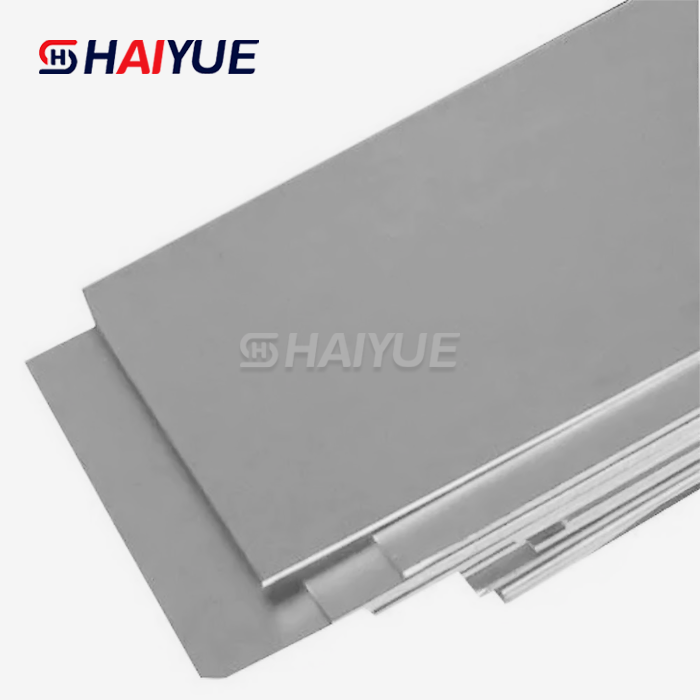
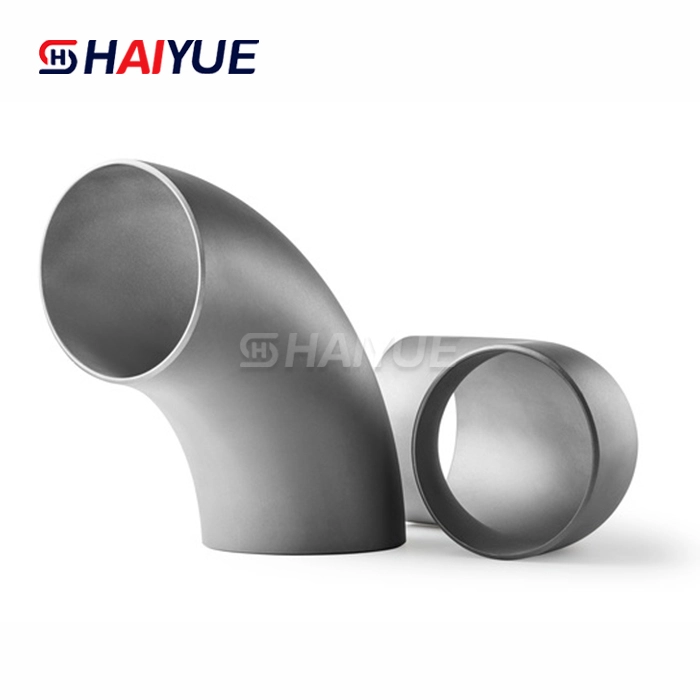
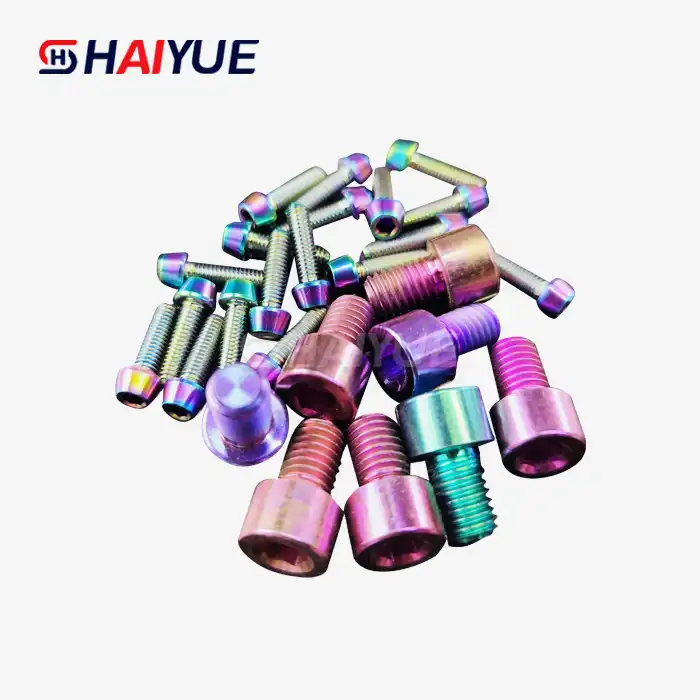
_1740732161118.webp)
_1740366212758.webp)
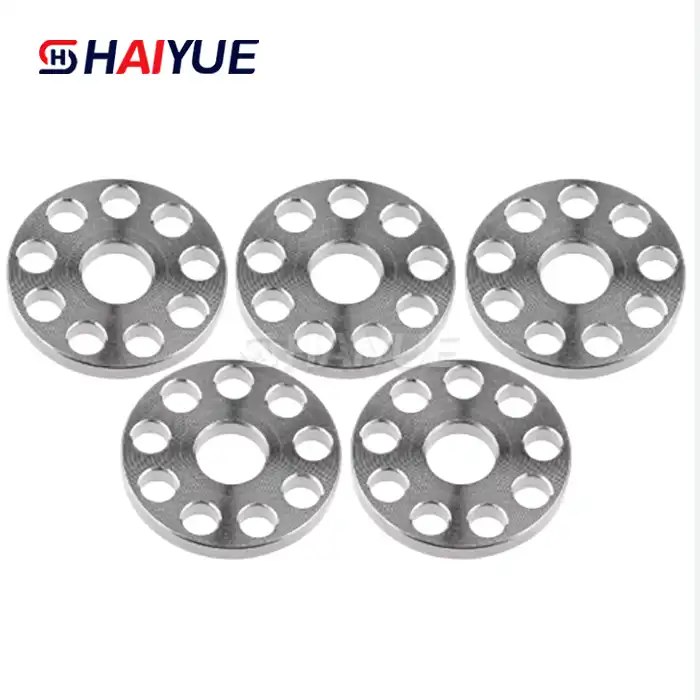
(1)_1740455595357.webp)